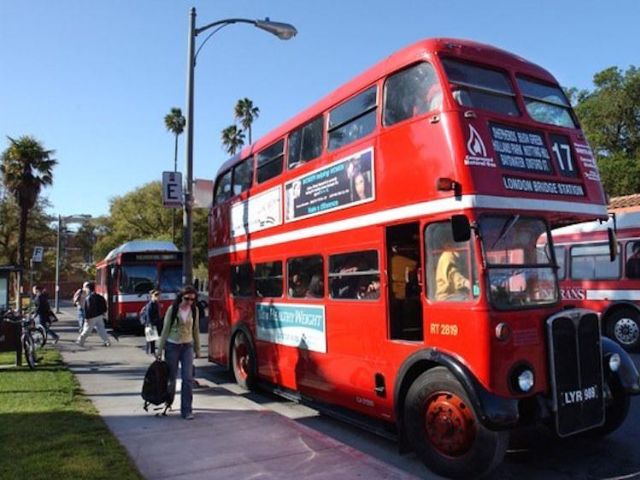Courses
MAT 180 Topics
You can find the MAT 180 Special Topics for the 2025-2026 academic year here.
First Year Seminars (Spring 2022)
More detailed information can be found on the First-Year Seminar Website: https://fys.ucdavis.edu
- Adventures of Ancient Mathematics (2 units)
- Date and Location: Wednesdays 11:00am-12:50PM at Carlson Health Sciences Library 109
- CRN: 44496
- Instructor:
- Ali Daddel (Mathematics)
- Description:
- The subject matter addresses the history of Mathematics. Only High School levels of Geometry, Algebra & Analysis are needed. The course is an investigation of development of mathematical ideas from early civilizations to the beginning of Calculus. I. The course starts with mathematics of ancient Egypt, their number system, multiplication method done by doubling, “false position” technique, with few problems from London and Moscow papyrus. II. Babylonian mathematics is next, their positional system and base sixty, use of multiplication tables, their method of finding square roots and Pythagorean triples. In addition to examining base 60 (we use it now in measuring time), we look at other bases, in particular base 2, which is used in computer science. Creation and accuracy of solar and lunar calendars and their necessity in survival of their agriculture will be discussed. III. Afterwards we delve into Greek mathematics, their reasoning skills and logical system, Numerology, discovery of the mathematics involved in music, and discovery of irrational numbers, which shattered the Greek's trust in numbers and resulted their unconditional love of geometry. We will look at the role of philosophers and mathematicians like Thales, Plato, Aristotle, Archimedes, and Euclid in creation of modern mathematics. From Pythagorean numerology to study of prime and perfect numbers by Euclid, and their role in security of transactions and encryptions used today will be discussed. Euclid's proof regarding the number of prime numbers, done by using “proof by contradiction” will be studied as an example of simple method of reasoning and truth tables of logical statements will be practiced. IV. How and why the lights went off in the demise of Greek's culture are questions we will examine next. The influence of Alexander the Great, appearance of Romans, rise of Christianity, Islam, Europe's dark ages and Renaissance will be briefly discussed and mathematics in each period examined. V. How did the mathematics of Islam and Greeks found their way to Europe? Some other covered topics are: mathematics and music, the role of few good men like Galileo, Copernicus, Tycho Brahe, and Kepler, the laws of planetary motion, and challenges in demolishing the geocentric model of the universe. The role of great heroes like Pierre de Fermat, Pascal, Rene Descartes, in the creation of modern mathematics, and the role of woman in mathematics. VI. participation of other cultures and civilizations like India, China, and American Indians, as well as Islamic mathematics is covered. Some the topics will be presented by students.
Syllabi
Check out department syllabi here: https://www.math.ucdavis.edu/courses/syllabi




